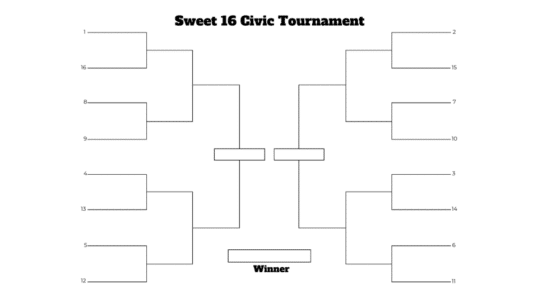There’s an interesting section on “Thinking as Doing” in Matthew Crawford’s Shop Class as Soulcraft that can help shed light on what we’re trying to convey in our approach to collaborative and developmental discussions (my earlier post on Crawford’s book is here). In my recent posts describing our discussion process, I’ve emphasized that we’re not offering a technique or canned program for mastering discussions. Crawford, following the sociologist Daniel Bell, talks about such techniques being “intellectual technologies,” where an individual’s judgment is supplanted by abstract rules or algorithms that could be plugged in by anyone, by an anonymous self that becomes like a cog in a machine. That’s not what we have in mind with the discussion process we’ll be covering in the Summer Institute, and that’s not what you’ll be teaching your students in your future classes. We don’t have any special sets of instructions to pass along so that anyone could hold a productive discussion just by following the steps. Facilitating collaborative and exploratory discussions is simply a lot of work, thoughtful work, but work nonetheless. It’s the work of thinking together in a group.
In contrast to intellectual technologies, Crawford talks about the tacit knowledge exhibited, for example, by an experienced firefighter, chess master, or mechanic. It’s the kind of situated knowledge or thinking ability that comes from practice, from actual doing. It doesn’t come from telling. So, while it’s true that I’m telling you a lot about our discussion process in this blog, and we’ll continue to talk about it in the Summer Institute, the real learning will come from the practice. You’ll find that will be true for your students as well. They’ll gain a kind of tacit knowledge from the experience of thinking by discussing and from their experiences facilitating such discussions. And they’ll likely find these experiences empowering, because they will be exercising their personal judgment in the complex situation of interacting with others. They won’t simply be following a step by step set of instructions, which means they can’t be reduced to being just a cog in the machine.
Crawford points out, for example in his interview with Stephen Colbert (well worth watching at this link), that while his immediate focus may be on the kind of reflection exhibited by mechanics, he’s really talking about the knowledge work, or thinking work, that requires exercising personal judgment in non-routine and complex situations. When you’re facilitating a group that is thinking by discussing, you don’t really know in advance what twists and turns will come up or where you’ll end up. Navigating those twists and turns is a matter of spur of the moment situational thinking and personal judgment. And that’s just the kind of thing you have to learn by doing.
–Jeff Prudhomme



